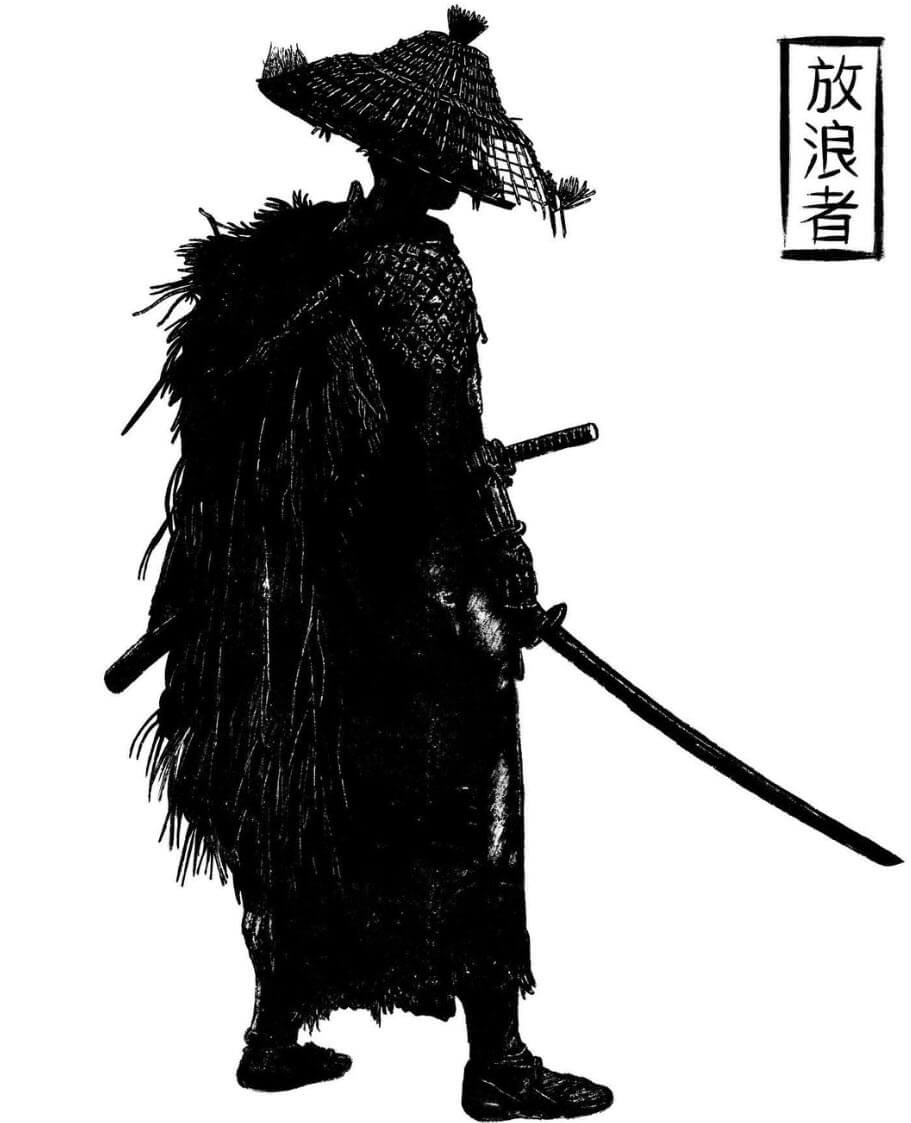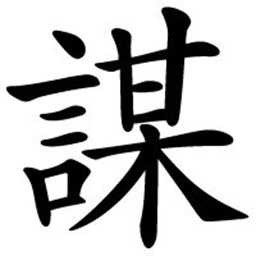If you attack the enemy after they have formulated their strategy (mou, 謀), it will ruin their plans (ji, 計) and force them to submit. The Art of War states: “The highest realization of warfare is to attack plans (mou, 謀).“
(Translation by Ralph D. Sawyer)
Notes:
· The title “Plans” (mou, 謀) is very close in meaning to the title of the first chapter, “Estimates“ (ji, 計), though it tends more in the direction of “scheme“ or “counsel.” Depending on the context, both terms may also convey the idea of “strategy” or “stratagem.”
· The quote from Sun Tzu’s The Art of War (fa yue, 法曰) is from chapter 3, paragraph 3, in the translation of Giles (1910): “Thus the highest form of generalship is to baulk the enemy‘s plans, …”
Original Text:
凡敵始有謀,我從而攻之,使彼計衰而屈服。法曰:「上兵伐謀。」
Historical Illustration:
During the Spring and Autumn Period Duke Ping of Jin 晉平公 (r. 557-532 BCE) wanted to attack the state of Qi, so he dispatched Fan Zhao 範昭 to observe Qi‘s government. The duke of Qi received and entertained Fan Zhao with a banquet. In the midst, Fan Zhao feigning to already be drunk, asked for another cup of wine as his cup was missing. Out of courtesy, the Duke of Qi who was drunk, immediately asked a server to pour wine into his own cup and let the guest drink from it. Zhao proceeded to drink from it and returned the cup to the Duke. The mannerisms at that time were that each drank from his own cup. Fan Zhao’s use of the Duke’s cup was a great disrespect to the state of Qi and it was a deliberate test to observe the reactions of his subjects. Yan Ying 晏嬰 (578-500 BCE, a famous statesman), saw through this and immediately asked a servant to replace the Duke‘s cup. Fan Zhao returned to Jin and reported to Duke Ping: “Qi cannot yet be attacked. I tried to insult their ruler but Yan Ying realized it.”

